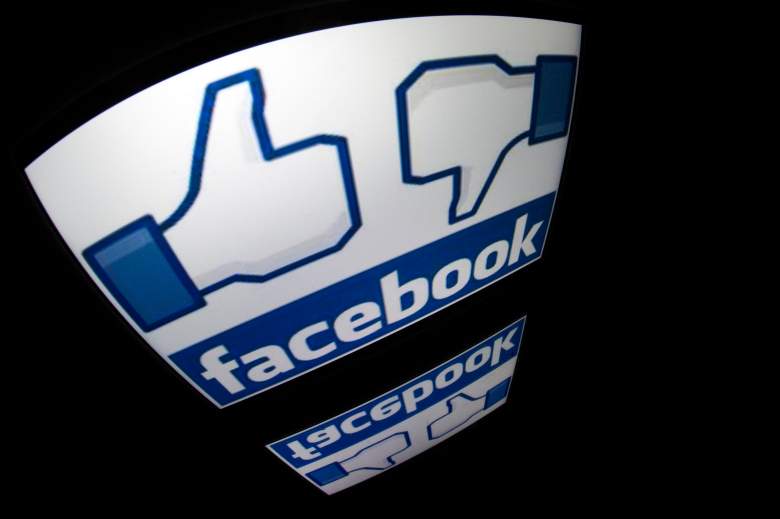
Facebook is working on a dislike button, Mark Zuckerberg has announced. It will be in the testing phase soon. (Getty)
After years and years of Facebook users’ begging for a dislike button, it’s finally going to happen. Mark Zuckerberg has announced that Facebook is working on adding a dislike button. But if you’re hoping to use it so you can dislike all the presidential candidate posts that are showing up in your feed, you’ll have to wait a little longer.
Here’s what you need to know:
1. Facebook Will Be Testing Its Dislike Button Soon
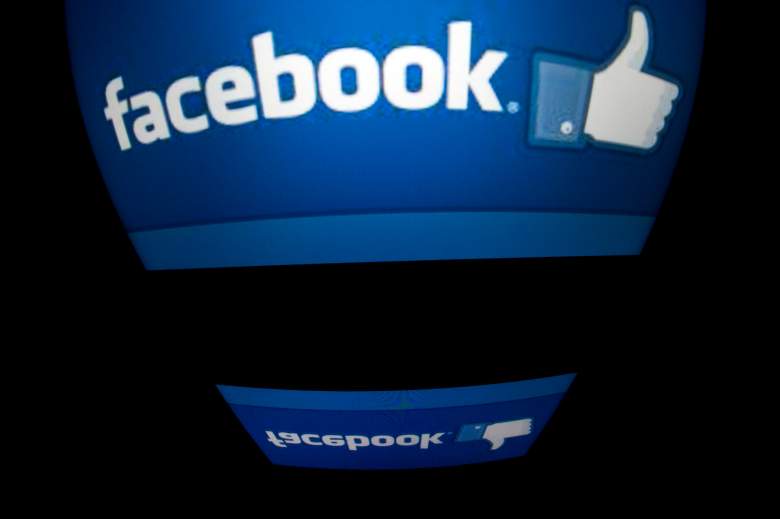
Facebook will finally be releasing the dislike button that everyone’s been asking for. (Getty)
Facebook has been quietly working on a dislike button behind the scenes and now it’s almost ready for testing, Mark Zuckerberg, chief executive of Facebook, announced his most recent Q&A town hall session, Venture Beat reported. If this works like other features that Facebook has tested in the past, it means that the dislike button will be rolled out to a few select Facebook users first, to see how it’s used and how it works. After a period of testing with this small group, it will then be rolled out to the general public.
2. Zuckerberg Says People Should Use It to Express Empathy, Because We All Feel Uncomfortable “Liking” Bad News
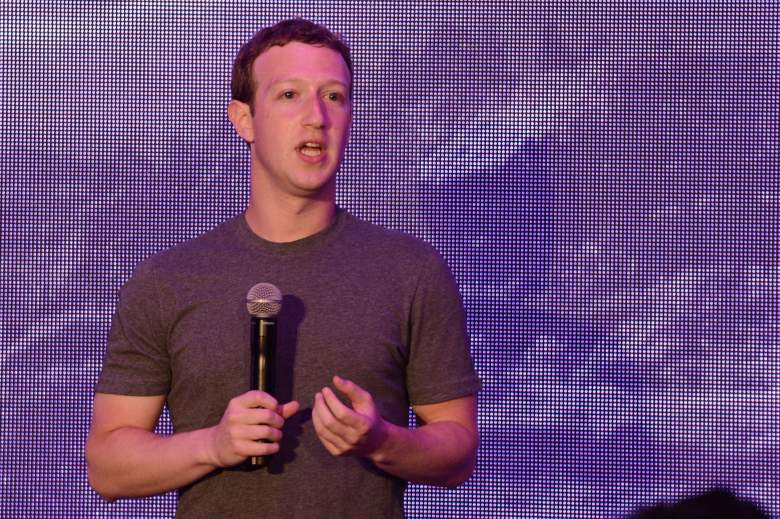
Facebook founder Mark Zuckerberg says the dislike button should be used to show empathy. (Getty)
Zuckerberg said the button will be used to show empathy because there’s really no option for that on Facebook right now, Venture Beat reported. And he’s right. Facebook users often express discomfort at “liking” a post that shares bad news. You want to show solidarity, but liking your best friend’s post about being fired just feels wrong. Zuckerberg acknowledged this:
If you share something that’s sad like a refugee crisis that touches you or a family member passes away, it may not be comfortable to like that post…”
3. He Doesn’t Want a Community Where People Are Downvoting Other People’s Life Events or Opinions
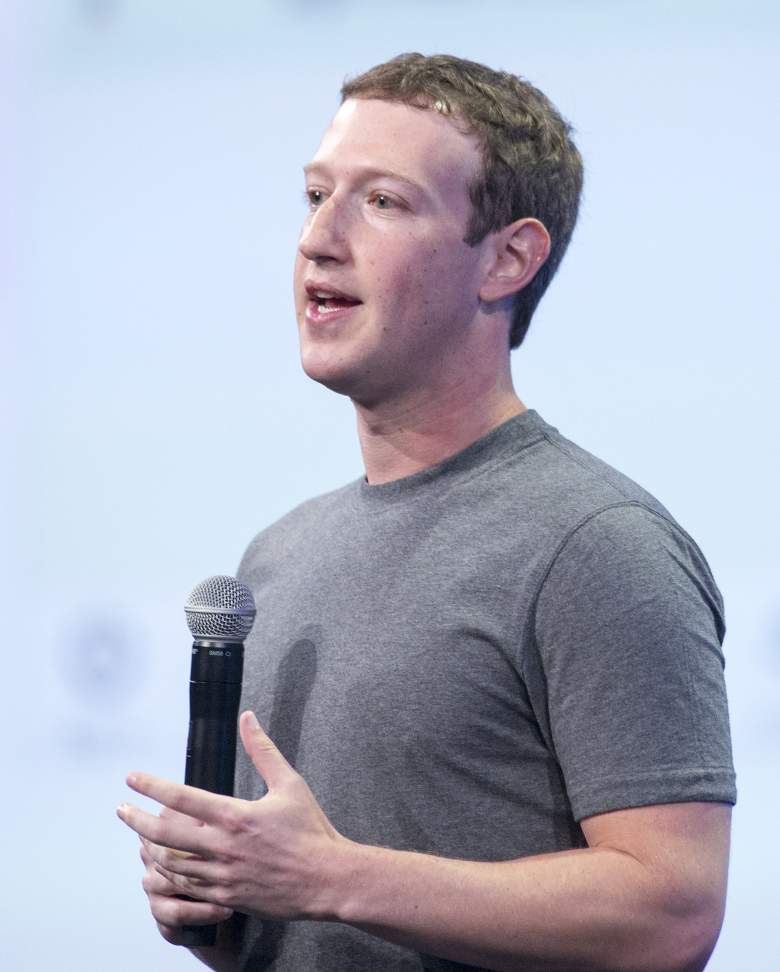
Facebook CEO Mark Zuckerberg doesn’t want Facebook to turn into a downvoting community.(Getty)
As thousands of people eagerly await the opportunity to downvote political comments that they don’t like, Zuckerberg is warning that the dislike button shouldn’t be used that way. He doesn’t want to see Facebook turn into one of those communities where people just vote for or against someone else’s post or beliefs, CNBC reported. In fact, Zuckerberg specifically used the term “downvote,” which could be a reference to Reddit, where users upvote and downvote posts and comments. Reddit’s etiquette specifies that you should only downvote comments that don’t contribute to the conversation, but users have increasingly been using the downvote button to show disagreement or just to try to bury someone they don’t like.
4. Zuckerberg Said The Process of Creating the Button Is Surprisingly Complicated
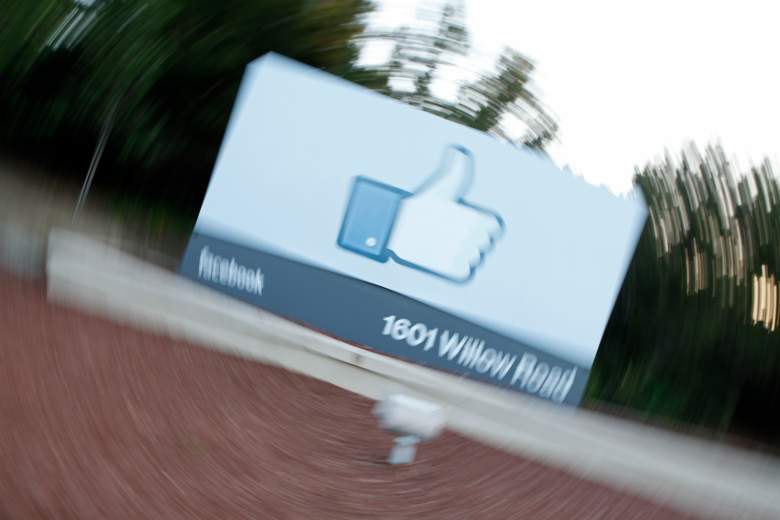
The dislike button likely won’t be used in the same way as the like button. (Getty)
Creating the dislike button is surprisingly complicated, Zuckerberg added. That’s why it won’t be available to the general public right away. This also hints at the idea that the button won’t just be a dislike option on everything. It will likely be different than the like button, perhaps an “empathize” or “sorry” button instead, as some people are guessing:
In fact, back in December 2014 when Zuckerberg first admitted they were considering a dislike button, one Facebook user suggested a “hug” button instead, Slate reported. And Zuckerberg replied: “Yeah, this is one of the options we’ve discussed.” So perhaps the dislike button will be a “hug” button of some sort?
5. People Online Are Both Excited and Concerned About the Announcement
The reaction online to Zuckerberg’s announcement has been mostly full of excitement and anticipation, although some people are expressing concern about how this will change the dynamics of the Facebook community. Some people think this will have the biggest effect on brands and businesses, who from a PR standpoint will want as few dislikes as possible. Here are just a few online reactions: